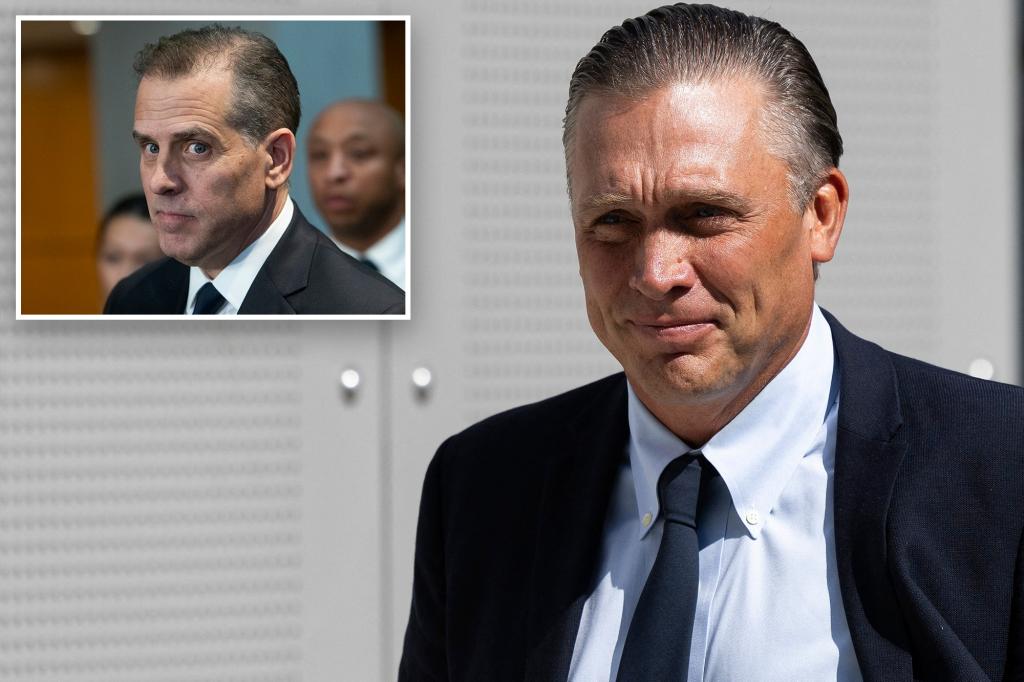Devon Archer, the former business partner of Hunter Biden, was resentenced by a federal judge after being ordered to serve one year in prison for defrauding a Native American tribe. Archer had requested his sentence to be vacated due to a sentencing guidelines error and his cooperation in congressional investigations related to President Biden’s alleged foreign business dealings. Federal Judge Ronnie Abrams granted Archer’s petition for habeas relief, vacated his sentence, and set the matter for resentencing, agreeing that his defense counsel’s failure to object to the incorrect sentencing guidelines qualified as ineffective assistance of counsel.
Archer, along with two other Burnham Financial Group executives, was convicted in 2018 of conspiracy to commit securities fraud and securities fraud. They were accused of buying over $60 million in bonds from the Oglala Sioux tribe to use for building a financial services company, rather than for their intended annuity purpose. Hunter Biden, who was a vice chairman at Burnham, earned up to $200,000 but was not involved in the fraudulent scheme. Archer’s conviction was initially overturned in 2018 for lack of evidence, but reinstated in 2020 by the 2nd Circuit Court of Appeals.
Archer provided testimony to the House Oversight Committee implicating President Biden in his son’s overseas relationships. He mentioned that the elder Biden was on speakerphone for about 20 of Hunter’s foreign business meetings. Archer’s attorney argued that his client had cooperated extensively with federal investigators in the Biden investigation, and his contribution should be considered during resentencing. Additionally, Archer had a flawless record on pretrial release over nearly eight years, as well as a commitment to charitable and educational causes.
The sentencing error that led to Archer’s resentencing was due to a mistake made by his defense counsel, which prosecutors admitted missed the mark. The judge agreed that this met the legal standard for ineffective assistance of counsel and that Archer was prejudiced by the deficient representation. His conviction was reinstated in 2020 by the 2nd Circuit Court of Appeals, with the Supreme Court refusing to hear his appeal in January. Despite serving time in prison, Archer’s cooperation and involvement in congressional investigations played a significant role in securing resentencing.
Archer’s lawyer argued for the consideration of his client’s changed circumstances, continued cooperation with governmental investigations, commitment to charitable causes, and flawless pretrial release record in determining his resentencing. The judge requested that Archer’s lawyer and federal prosecutors submit proposed dates for his resentencing hearing by May 22. The resentencing not only takes into account the sentencing guidelines error but also his contribution to investigations involving President Biden’s family’s foreign business dealings. Ultimately, Archer’s case exemplifies the complexities and legal challenges surrounding white-collar crimes and the impact of cooperation in federal investigations.


